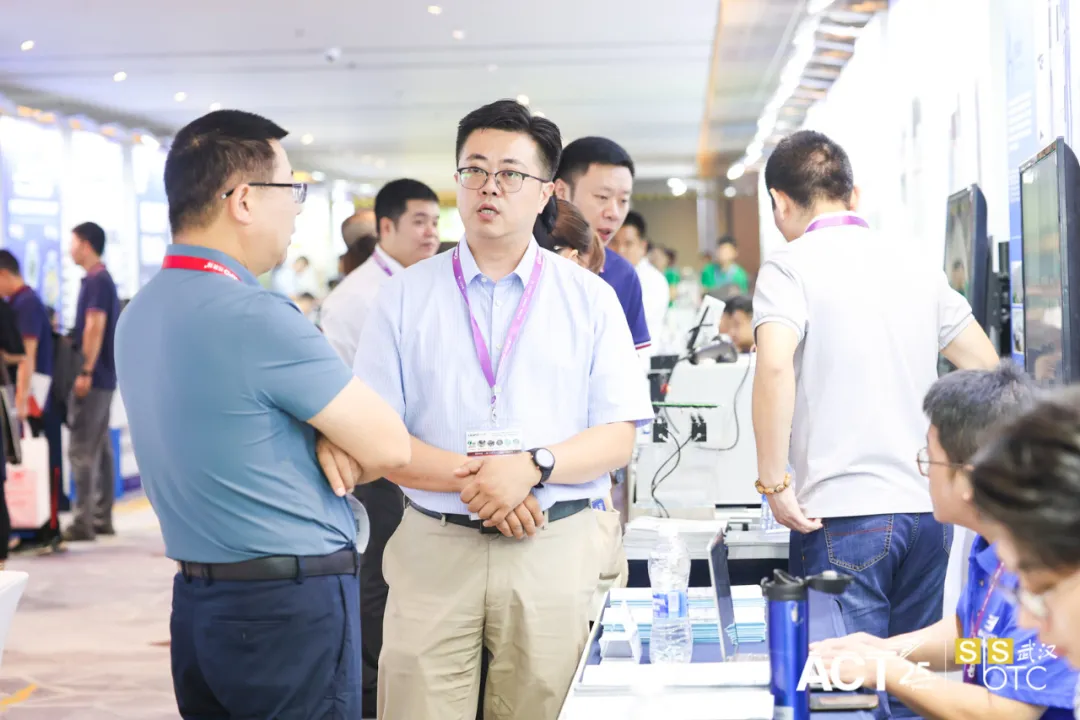On August 11th, the Step-by-Step New Technology Seminar was successfully held at the Wuhan · Optics Valley Marriott Hotel, and the conference was a technical special seminar with the theme of " Digital Transformation of Smart Factories and Reliability Enhancement Solutions".
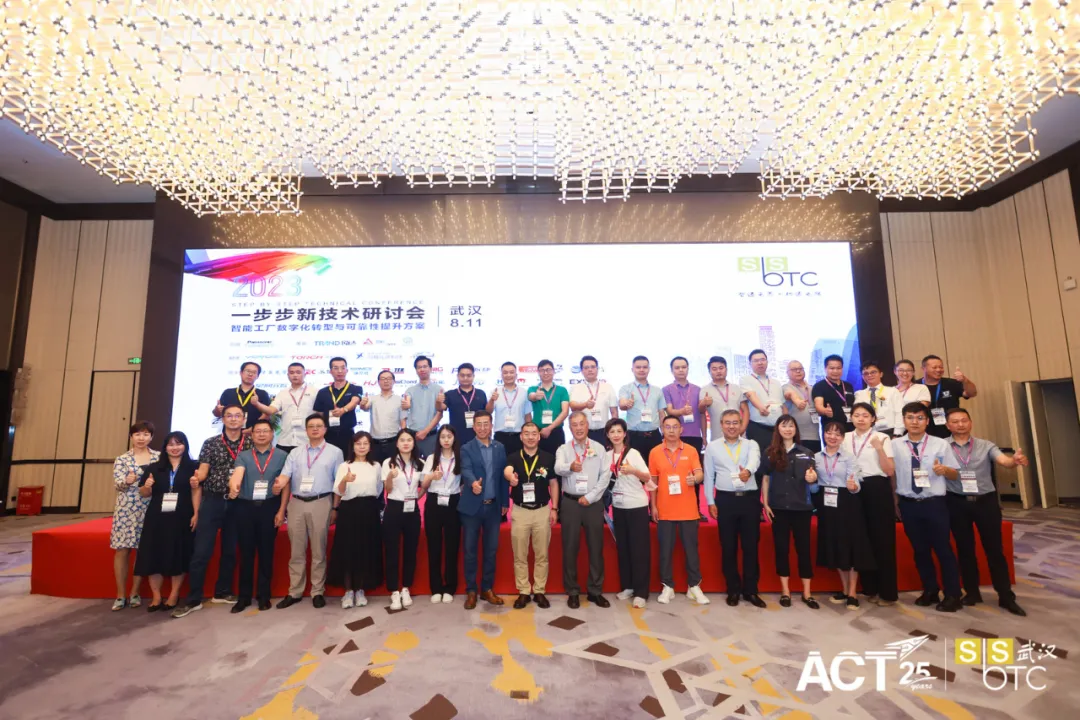
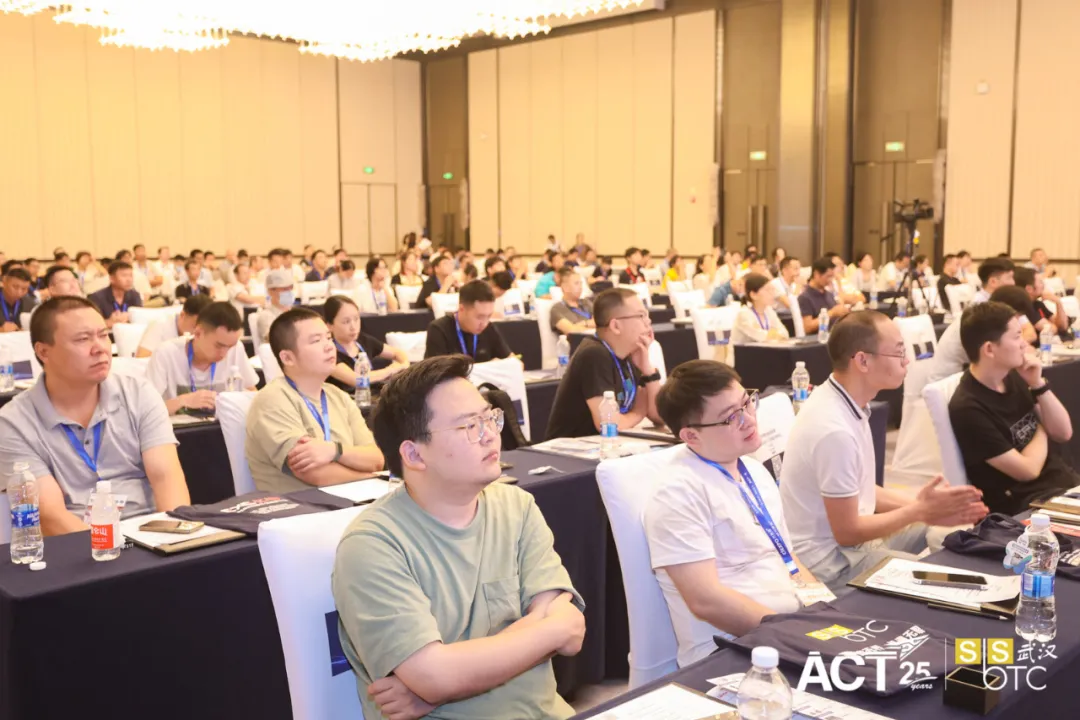
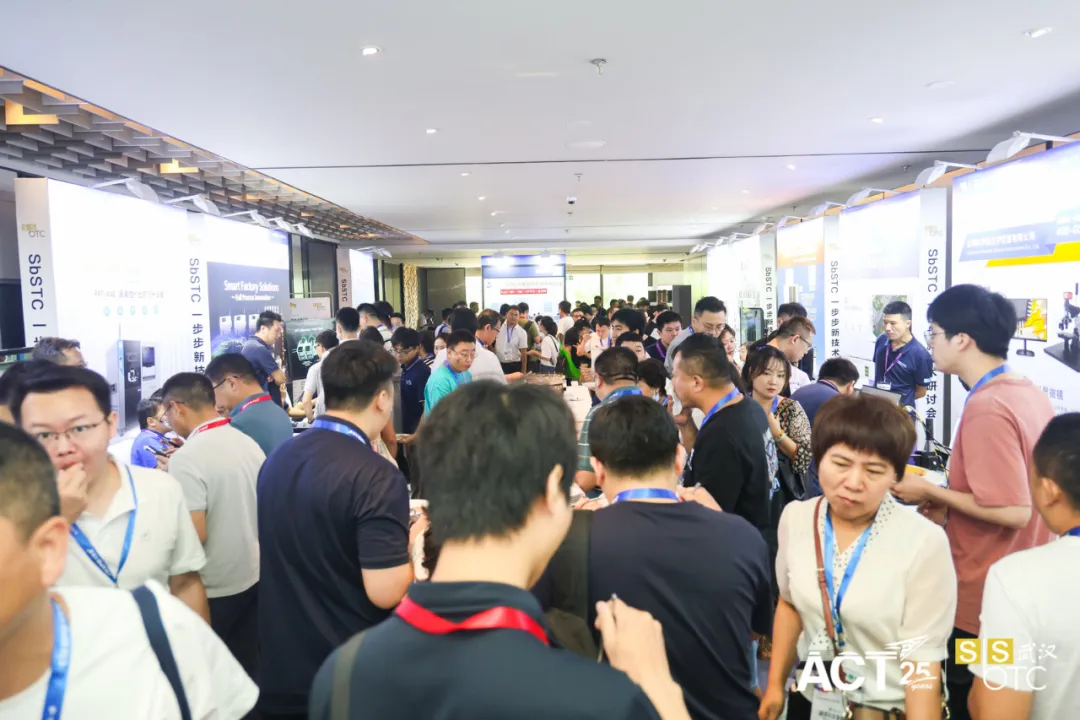
Mr. Chen Ping, the Sales Manager of IFREE, gave an excellent speech titled "The Application of Flying Probe Testing in PCBA Quality Control" at this seminar.
Flying probe testing is a commonly used testing method for electronic components and plays a vital role in the PCBA quality control process. The quality of PCBA products directly affects the reliability and stability of the products, and flying probe testing can detect failed components during the manufacturing process and eliminate problems in PCBA production and assembly, thereby helping enterprises to improve production efficiency and quality and reduce production costs. Flying probe testing is an indispensable part of the PCBA quality control process and can help enterprises improve competitiveness, reduce the defective product rate, and improve product quality and production efficiency.
Advantages of Flying Probe Testing:
1. Cost Optimization:
- No need for needle bed fixtures
- No need for complex test programs
- No need for highly skilled testers
2. Rapid Development
- Automatic and rapid program development
- Simple and direct debugging
- NPI, production assistance, maintenance testing
- 3C, automotive electronics, communications, medical, military, aerospace
4. High Coverage
- Not dependent on test points
- Testing can be performed through pads, electrodes, and connector pins
- It can integrate various third-party test instruments
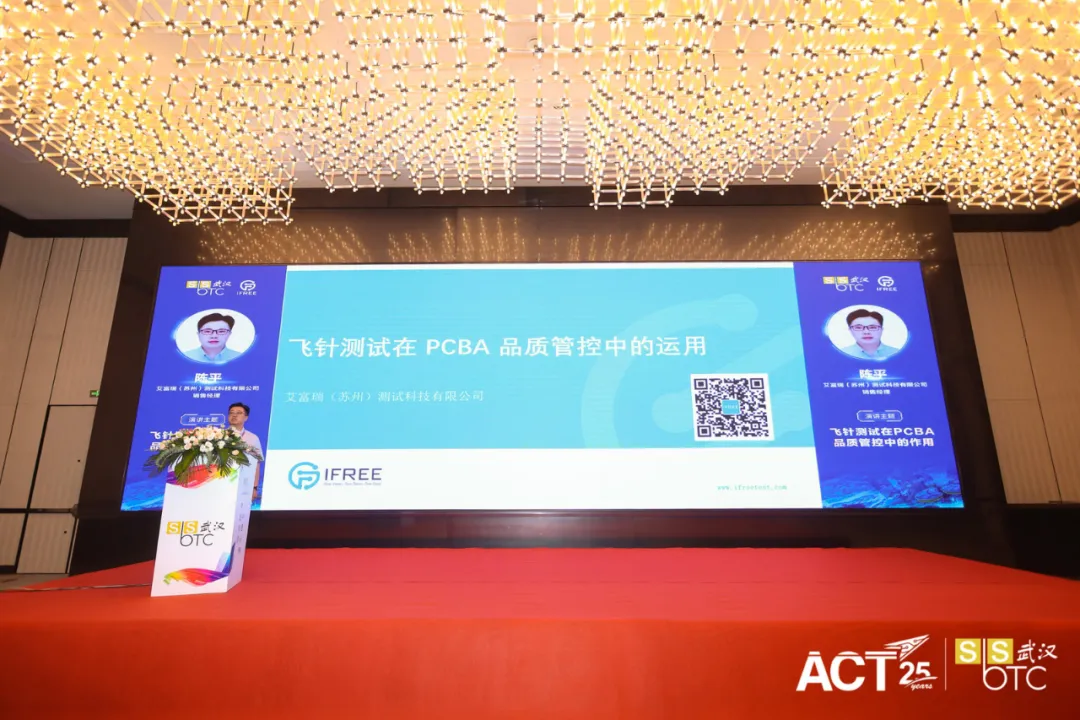
In recent years, Wuhan has continuously promoted and implemented the special action plan for the intelligent transformation of industrial enterprises, accelerating the intelligent transformation and digital transformation of enterprises, and dramatic changes are taking place in Wuhan's manufacturing industry. This seminar gathered technical personnel from the Central China region to discuss how to restructure traditional manufacturing processes under intelligent manufacturing to enhance the intelligence and reliability of products, providing a technical exchange platform for manufacturing enterprises in Wuhan and surrounding areas, and helping Wuhan build a new highland of the national digital economy.